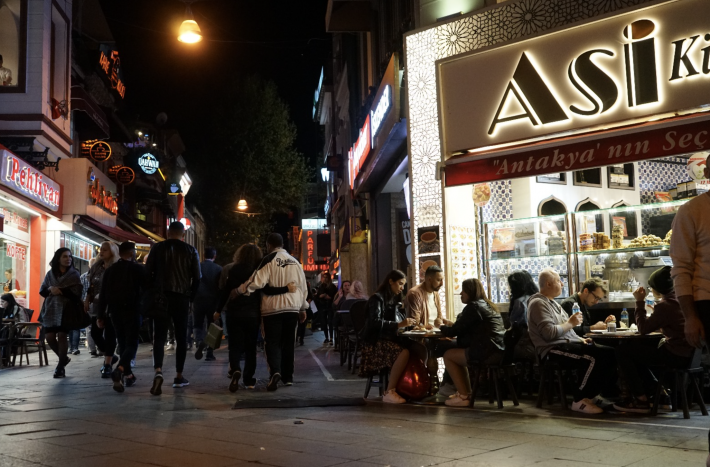Interestingly, researchers have looked into the specific behaviours of individuals through a series of surveys to identify how different religious upbringings, habitual religious activity, and the dynamic of the surrounding community can influence an individual and society as a whole. Understanding the influences one’s upbringing and lifestyle can have towards one’s view on life and society is a fascinating area to explore. Not only does this help us predict and understand how societies will act and why societies will act in the way they do, but it also helps us question the ways in which we may be psychologically preconditioned ourselves.
As part of exploring these dynamics, we can also understand the influences on economic performance and as a result, development, as undoubtedly the culture of a society has a significant effect on these larger economic productivities- think of the infamous Salaryman in modern Japan working nearly all of their free time, or perhaps more broadly we can look at external commentators towards the ‘industrious west’ that led to capitalism, industrialisation and colonialism.
A theory I have been most interested in has been on ‘Sub-Imperialism’, exploring the ways that competing powers interact with one another as power-balances change over time, and how new centres of power begin to emerge through the process of development. Understanding how hegemonic powers look to maintain their dominance both globally and more locally through a mixture of economic systems and physical violence is a very important topic to explore in order to understand the means through which power politics play out today, particularly in the geopolitical tense region of the Middle East.
This is especially important living in a ‘post-colonial world’. A common sentiment throughout portions of Western societies is that colonialism is a thing of the past and thus disconnected from the power dynamics today, however understanding ‘neocolonial’ practices is beneficial to understand how power is both protected and challenged through a sub-imperial lens. Through this lens, we can understand how and why states of varying economic and political influence behave in the way they do. I am particularly interested in these dynamics because they were the study of a declining American empire and the resulting changes in geopolitical spheres of power that got me interested in studying international relations to begin with.
Overall, the topics covered above demonstrate some key aspects of understanding human and state behaviour in a multi-polar world. Geopolitics is largely driven by pure power politics, and along with this dimension of hard power, we find economic interests, too. More often than not, the two are intertwined, and investigating the influences on a society from a micro and a macro level allows us to understand our world clearly.
Jake Beasley
